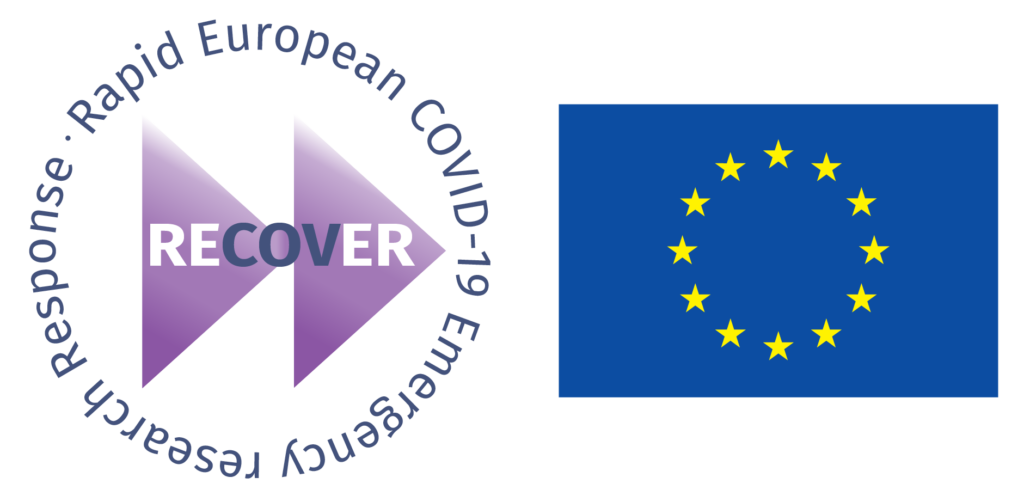08 April 2021
In March 2021, the RECOVER Social Science team has published a paper on the experiences and needs of persons living with a household member infected with SARS-CoV-2. Households are important sites for transmission of SARS-CoV-2 and preventive measures are recommended. This study aimed to investigate the impact of living with a person infected with SARS-CoV-2, understand how household members implemented infection control recommendations in their home, and identify the information and support needs of household members.
Households with a person with confirmed SARS-CoV-2 infection were recruited via drive-through testing sites of Municipal Health Services, healthcare worker screening or hospital emergency visits in the University Medical Centre Utrecht, the Netherlands and via primary care physicians, hospital emergency visits or preoperative screening in the University Hospital of Antwerp, Belgium.
Thirty-four households (120 household members) responded to a survey. Twenty-two household members were invited to be interviewed, of which 18 completed an interview. Survey data showed that almost all households implemented some preventive measures, the use of face masks in the home being least frequently reported. Measures taken depended on what was physically possible, the perceived severity of illness of the index patient and to what extent household members were willing to limit social interaction. Respondents did not believe in the effectiveness of wearing face masks within the home, and from the interviews this was explained by mixed media coverage of the effectiveness of face masks, impracticality and the stigma associated with wearing masks. Interviewees reported that quarantine had a high emotional burden and wished to have more information about the exact duration of quarantine, their own COVID-19 status, symptoms and when to seek medical help.
In conclusion, people were willing to implement prevention measures, however actual adherence depended on perceived severity of illness and the perceived risk of becoming infected. Homes are social environments and recommendations for infection prevention should account for this context.
